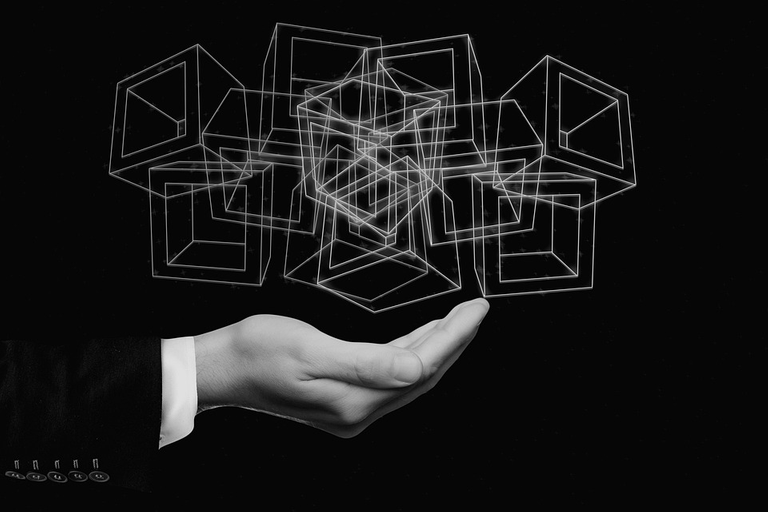
DAOs, or Decentralized Autonomous Organizations, have been making waves in the world of business and finance. Simply put, a DAO is an organization that operates based on rules encoded as computer programs on a blockchain network. Instead of relying on a central authority to make decisions, a DAO operates through a consensus of its members, creating a more democratic and transparent system.
Many experts believe that DAOs have the potential to revolutionize various industries, including finance, governance, and social impact. By providing a decentralized platform for decision-making and resource allocation, DAOs aim to create a future where power is distributed more equitably and decisions are made in a more accountable manner.
Let's dive a little deeper into why DAOs are so important. First and foremost, the decentralized nature of DAOs eliminates the need for a central authority. This means that decisions are made through a consensus of its members, leading to a more democratic and fair process. And because the rules and operations of a DAO are encoded on a blockchain network, the process is transparent and publicly accessible, increasing accountability and trust.
Another major advantage of DAOs is their ability to raise capital. Instead of relying on traditional means such as loans or investments, DAOs can raise funds through initial coin offerings (ICOs) or token sales. This opens up new opportunities for organizations, especially those that might have trouble securing funding through traditional means.
Finally, DAOs have the potential to create a more equitable future. By operating on a decentralized platform, DAOs aim to distribute resources more fairly and eliminate the concentration of power in the hands of a few individuals or groups. This could lead to a future where resources are allocated more efficiently and decisions are made in a more transparent and accountable manner.
While the potential benefits of DAOs are impressive, there are also challenges that need to be addressed. For example, the concept of DAOs is still relatively new, and there are many questions and uncertainties surrounding the long-term viability of these organizations. Additionally, there are concerns about the security of DAOs and how to prevent malicious actors from manipulating the system.
So, what does the future hold for DAOs? It's hard to say for certain, but it's clear that DAOs have the potential to create a more equitable and transparent future. As the concept continues to gain traction and more organizations adopt this model, we're likely to see continued growth and innovation in the space.
DAOs are an exciting new development in the world of business and finance. By operating on a decentralized platform and eliminating the need for a central authority, DAOs aim to create a more democratic and transparent future. While there are still challenges to be addressed, the potential benefits of DAOs make them a fascinating area to watch in the coming years.